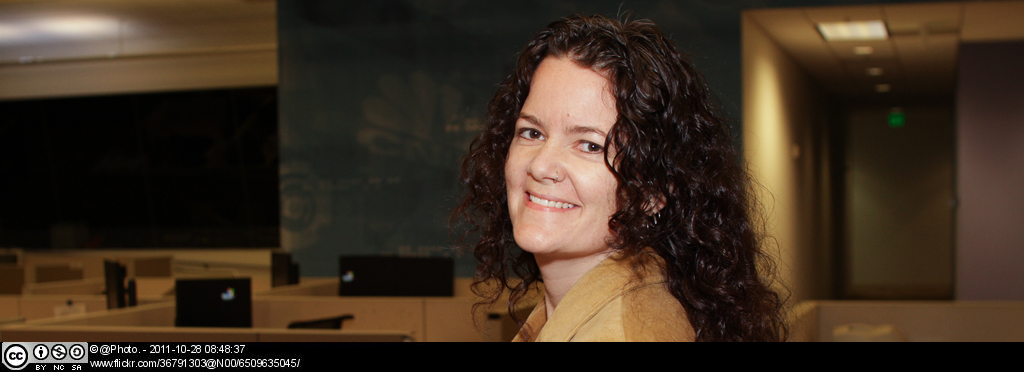Top Ed-Tech Trends of 2012
Audrey Watters is one of the rare Educational Technology (Ed-Tech) journalists and she is really good at it (support her). This month she is doing a serie about the top Ed-Tech trends of 2012. She has publiced 10 really great articles which everyone in education should read:
- The Business of Ed-Tech
It's been a major story this year: broken educational institutions under seige by Silicon Valley. - The Maker Movement
The Maker Movement reflects the technological, political, and economic zeitgeist: the need for a technologically skilled work force, hope for a revival of American manufacturing, concern about STEM education all the while cutting many of the programs in schools that foster these skills to make more room for more standardized testing. - Learning to Code
It was sheer marketing genius: the announcement on January 1 by the learn-to-program startup Codecademy that 2012 should be “Code Year.” - The Flipped Classroom
“Flipping the classroom” is hardly new. But with all the hype surrounding both Khan Academy and MOOCs, it’s hardly surprising that the practice became incredibly popular this year. - MOOCs
Massive Open Online Courses. MOOCs. This was, without a doubt, the most important and talked-about trend in education technology this year. - The Battle to Open Textbooks
The most exciting change in digital textbooks comes with efforts like these hackathons, where teachers and learners are the creators not just the consumers of OER. - Education Data and Learning Analytics
She wrote about “data” as one of the top trends of 2011, noting at the time that this often meant simply “quantitative data” — or more accurately even, standardized test results. There was certainly plenty of interest in (and handwringing about) testing this year, and perhaps the political and financial pressures from that continue to spur this trend. Certainly there were a number of ed-tech companies that offered data “solutions” and learning analytics. But who uses these tools? Who benefits? And who owns the data? - The Platforming of Education
There seems to be an interesting tension here with education platforms and the “unbundling of education.” We have heard a lot this year about “unbundling”: that many the services once offered by schools — content delivery, assessment, credentialing, research, mentorship, affiliation and networking, job placement — will no longer be monopolized by them. - Automation and Artificial Intelligence
Why would we want to automate it? Why, for the sake of efficiency, of course. We have to scale. Process more students. We have to assess more content. Write more. Grade more. Test more. Cut costs. Etc. - The Politics of Ed-Tech
Education is political — inherently so and despite the protestations from some quarters when what happens in our schools, in our textbooks, in our brains “becomes politicized.” Education is political not simply because of the governmental role — federal, state, local — in school funding and policies. It is political because of the polis — the connections between education and community. Education is political because learning is at once personal (and, of course, “the personal is political”) and social; it is both private and public.
No feedback yet
Form is loading...
